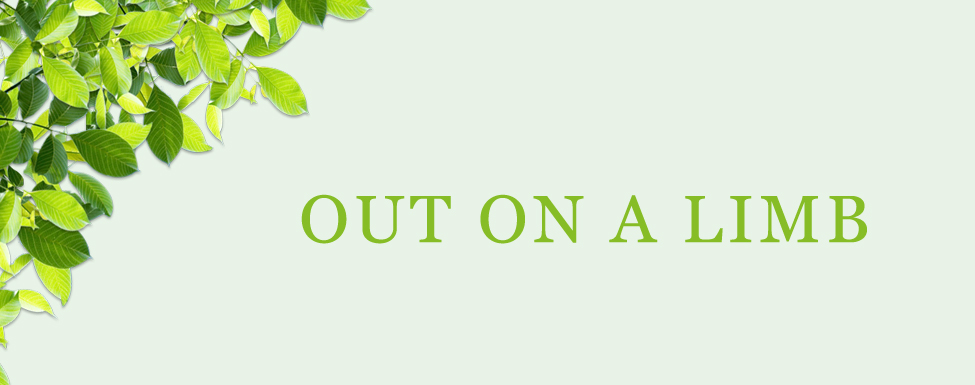The Once and Future Horror
The cemetery was nearly silent on the sunny afternoon that we stopped by. It was merely one of 436 military cemeteries dotted throughout the Somme Valley, site of some of the most horrendous fighting in a horrendous war.
Once rocked by shells that tore ugly gashes in the earth and engulfed in the incessant sound of cannon and small arms fire, the land today is green and verdant under the French sky. Cars whiz by, oblivious to the pain and terror each grave represents, the loss of young life and the lifelong grief of loved ones.
Within the high stonewalls, the stones were neatly aligned with banks of flowers stretching their length. It is the last year of the centennial of the Great War—the War to End All Wars—and small wooden crosses have been pressed into the soil in front of some stones. One hundred years after death claimed these young men, visitors from as far away as Australia have sought out their graves, bringing tidings from families who still remember.
Half-way down the length of the cemetery my husband suddenly knelt, righting a fallen cross in much the same way as he had knelt at West Point to tend the grave of his own brother, killed in Vietnam—a tender gesture from a veteran to a fallen comrade he never knew.
We returned from our World War I odyssey to take part in the Memorial Day ceremonies held in our own country. Once again we listened to the musings of veterans and town officials as they thanked all veterans for sacrifices made and prayed that no more young people would have to lay down their lives for our freedoms.
It is hard not to respond emotionally to that drama—the snapping flags against the skies, the weathered warriors in remnants of former uniforms, pulling themselves erect to salute. But my eyes are always drawn to the youngest participants, the Scouts in uniforms that in a few years may well be full-fledged military regalia, the tiny Daisy Scouts, now no safer from war than their brothers, the babies wailing in fear when gun salutes are fired. And I worry.
I have no faith that humankind will ever find peace. Every society I know of has gone to war. Every age has known its devastation—but now the danger is monumental.
We like to believe that we are smarter than other creatures, that our large brains and opposable thumbs allow us to find solutions to all problems but to date there has been no end to our aggression.
I would like to believe that reason—if not good will—will keep us safe, but since I have returned from the Somme the words of the Scottish folksinger Eric Bogle have circled in my head:
Well, how do you do young Willie McBride?
Do you mind if I sit down here by your grave side
and rest for a while ’neath the warm summer sun
I've been walkin’ all day and I’m nearly done
I see by your gravestone you were only nineteen
when you joined the great fallen of 1916
Well, I hope you died quick and I hope you died clean or
Willie McBride was it slow and obscene
And although you died back in 1916
in some faithful heart are you forever nineteen?
In some faithful heart are you forever enshrined?
Or are you a stranger without even a name
enshrined forever behind a glass pane,
in an old photograph torn tattered and stained,
fading to yellow in a brown leather frame?
Now, the sun shines down on the green fields of France,
a warm summer wind makes the red poppies dance
The trenches have vanished under the plows,
there’s no gas, no barbed wire, no guns firing now
But here in this graveyard it's still No Man's land,
the countless white crosses in mute witness stand
for man's blind indifference to his fellow man,
to a whole generation that was butchered and damned
Now, Willie McBride I can't help wonder why
Do those who lie here know just why they died?
Did they really believe when they answered the call?
Did they really believe that this war would end war,
For the killing the dying was all done in vain,
for young Willie McBride it's all happened again,
and again, and again, and again and again,
I can only hope that Bogle is wrong.

